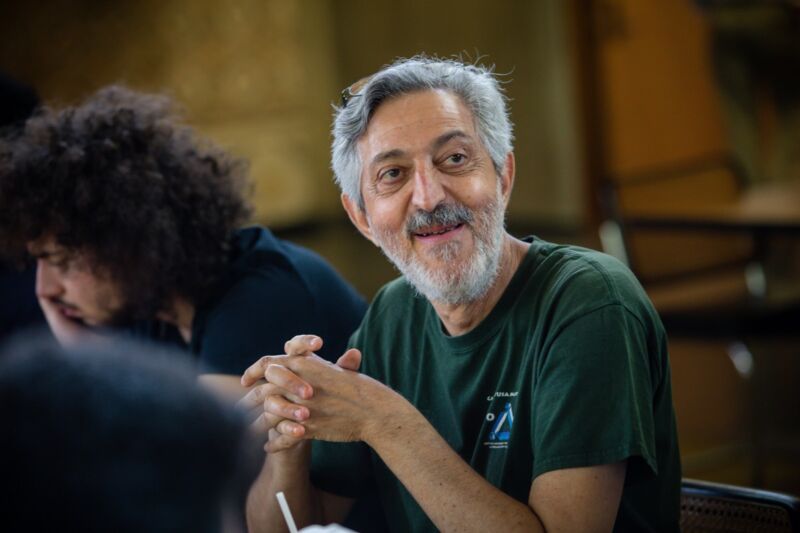Computer scientist wins Turing Award for seminal work on randomness
Ars Technica » Scientific Method 2024-04-10

Enlarge / Avi Wigderton of the Institute for Advanced Study in Princeton is the recipient of the 2023 A.M. Turing Award. (credit: Andrea Kane/Institute for Advanced Study)
Computational scientist and mathematician Avi Wigderson of the Institute for Advanced Study (IAS) at Princeton University has won the 2023 A.M. Turing Award. The prize, which is given annually by the Association for Computing Machinery (ACM) to a computer scientist for their contributions to the field, comes with $1 million thanks to Google. It is named in honor of the British mathematician Alan Turing, who helped develop a theoretical foundation for understanding machine computation.
Wigderson is being honored "for foundational contributions to the theory of computation, including reshaping our understanding of the role of randomness in computation and for his decades of intellectual leadership in theoretical computer science." He also won the prestigious Abel Prize (essentially the Nobel for mathematics) in 2021 for his work in theoretical computer science—the first person to be so doubly honored.
"Avi has made fundamental contributions to the theory of computation from parallel algorithms to cryptography to absolutely all aspects of complexity theory," said Shafi Goldwasser, director of the Simons Institute for the Theory of Computing, who won the 2012 Turing Award. "His numerous contributions over decades to the areas of derandomization and pseudorandomness has led us to a deep understanding of the deep role of randomness in computing."